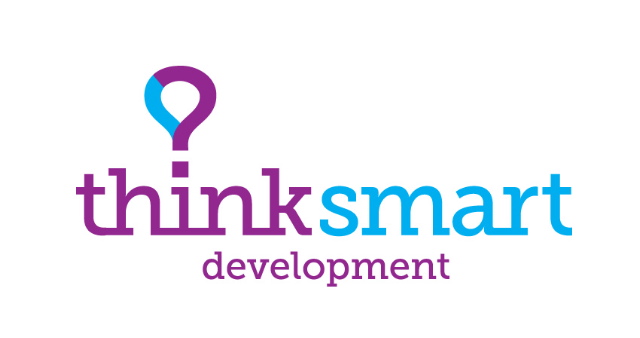Dealing with Objections

Gareth Aldis is the Director of Thinksmart Development and works across across a variety of industries, both in Australia and internationally.
He writes today about ‘dealing with objections’
I don’t like the sound of that format? This creative doesn’t feel right? Your price is too high?
Sound familiar? How does it make you feel?
Reality is you’re facing objections daily. At work, home or socially. It’s all about recognising how you respond, the reasons behind your response, and developing a skill set to be able to understand the objection and respond in a professional manner to remove the objection.
No one likes facing an objection. Feelings of bewilderment “why are they objecting, can’t they see how good this is for them?” or anguish (that moment in the conversation that makes your heart sink, as you knew they were going to respond in that way).
Sometimes we go for the avoidance approach and completely ignore what the other party is saying, hoping if you simply keep talking, the objection will go away.
We may even feel extremes of anger and frustration. We have all been there in some shape or form. The fight or flight behaviour can emerge and either you ‘fight’ – start to defend your view point or ‘flight’ – you just avoid the comment, or worse still, you just give in and accept the other person’s objection with a feeling that what you have proposed wasn’t acceptable.
So what can you do?
The key is recognising that an objection is an opportunity – the fact they are even sharing it, means they are showing some kind of interest.
There are only 3 types of objections
- a misunderstanding (the best kind of objection to get);
- where the other party is not being entirely honest and may be testing you; or
- a genuine concern that they want you to help solve.
First and foremost you need to be able to demonstrate respect for the other party’s position (don’t confuse this with agreeing!), and take the heat or emotion out of the conversation through neutralising.
Then, through your questioning skills, the goal is to find out what’s behind the person’s objection to enable you to gather enough information to really understand what is the real issue for the other party.
From there, you are in a position to respond – not a generic response, but directly linked to what you understand from the other party’s position based on their response. Then finally you need to confirm that you have solved the objection (silence doesn’t mean you have solved the problem).
The success of dealing with objections is having an objection handing technique that ensures you are able to gather information behind the objection so you can formulate your response that’s specific to the objection.
This in turn ensures you are positioning yourself as someone who can deal with an objection in a confident and informative manner.
Gareth Aldis is the Director of Thinksmart Development, and part of a team of individuals with HR, Learning and Development and Organisational Development backgrounds, and business, sales and clients relationship skills across a variety of industries, working internationally.
Gareth is the former Human Resources Manager of dmg Radio Australia. You can contact Gareth here.



